What do you do when no one else in the company or the meeting looks like you? We asked entrepreneurs and creatives from across industries and geographies to share their experiences and advice.
Sequoyah Branham

For me, it seems being the only one in the room with a big black (or straw) cowboy hat on is very helpful. I stick out in a good way and readers are able to connect me with my books in their mind very easily after walking away from my table.
I was very used to being “the only one in the room like me” even before I was a published author. I grew up working cattle with my dad. Read More>>
Khrey Musni

Growing up in an environment, culture or familial where everything was conditioned and designed to conform, I always had the question there has to be more or beyond this rules, “ideals”, standards of living. I was even deemed as the “black sheep” always had to go against the grain and questions institutions rules and standards. I had to follow what’s supposed to be in order to fit in and conform. Little did I know I was repressing every ounce of my desire to break free in that room where everyone else is doing exactly what they’re told to do by either their parents, society, or the majority. Read More>>
DeLisha Tapscott
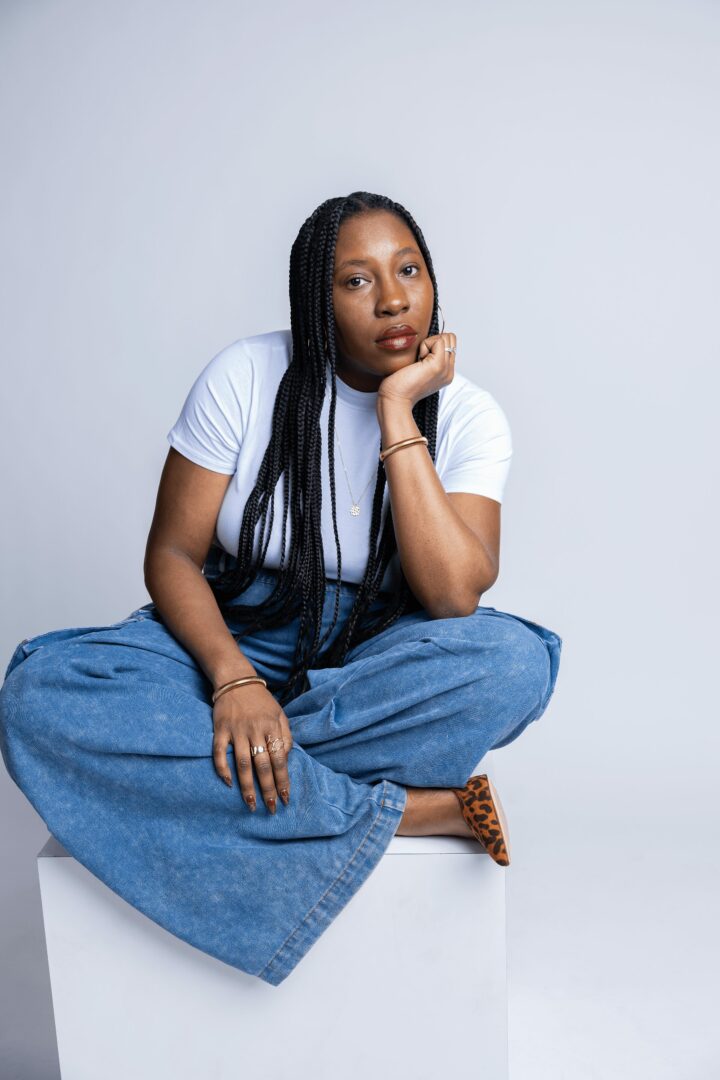
I’ve learned that being the only one in the room who looks like me isn’t just about survival — it’s about strategy, self-trust, and storytelling. I’ve stopped shrinking myself to fit a mold that was never designed for me. Instead, I lean into my difference as my contribution. I listen deeply, speak when it matters, and center values that don’t always get a seat at the table — justice, care, and collective responsibility. Read More>>
Jennifer Charbonnier
Being the only one in the room who looks like you can be both a challenge and an opportunity. Your effectiveness and success in these situations often come down to a few key strategies:
1. Owning Your Expertise – Confidence in your knowledge and experience allows you to command respect, regardless of who is in the room. Your background in holistic healing, your track record with clients, and your ongoing education give you a unique perspective that others may not have. Read More>>
Pola Galie
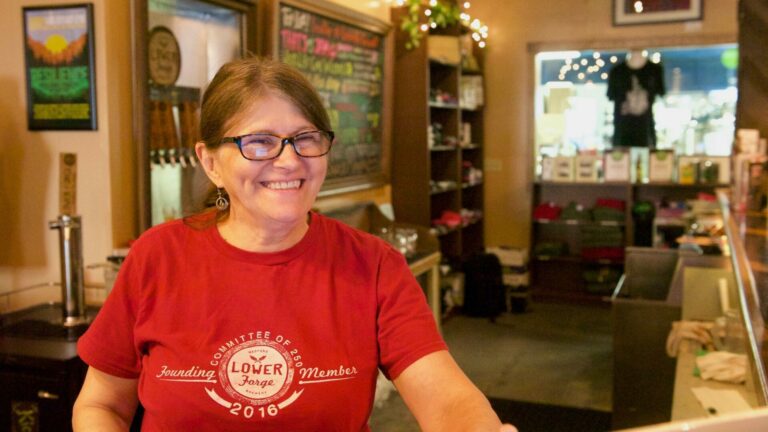
Since I am a more than middle-aged woman of a “shorter” stature, I am often the only one who looks like me in an industrial setting. There are plenty of woman of a variety of ethnic backgrounds and roles in the fermentation industry but most of the tine the women my age are relegated to the office for human resources or sales. The number is not very big for those of us who are on the brewhouse floor or actively serving in the tasting room. Read More>>
Nikki Buatti

I’m a singer. I perform live. Been singing since i was 3 years old. One thing that i never did was ever compare myself to any other singer. Because you can’t! This is the advice i give anyone that has felt discouraged as even i do! You can’t compare yourself (even with the way you look) but as for singing, no one has the same tone as you, or vocal timing, or style, nor the same character, or color. Each voice is special and individually different down to the slightest details. Read More>>
Lydia Thoma

I frequently find that I am “the only one in the room”. Being a double minority (female and person of color) and the lead person of a denomination is not the norm in the religious world. Some people reject the inclusion of females in ministry, while others may simply be oblivious to the challenges this may present. Questions, suggestions and critiques are often accepted more readily from male counterparts or majority ethnic groups. Read More>>
Carla Kemp
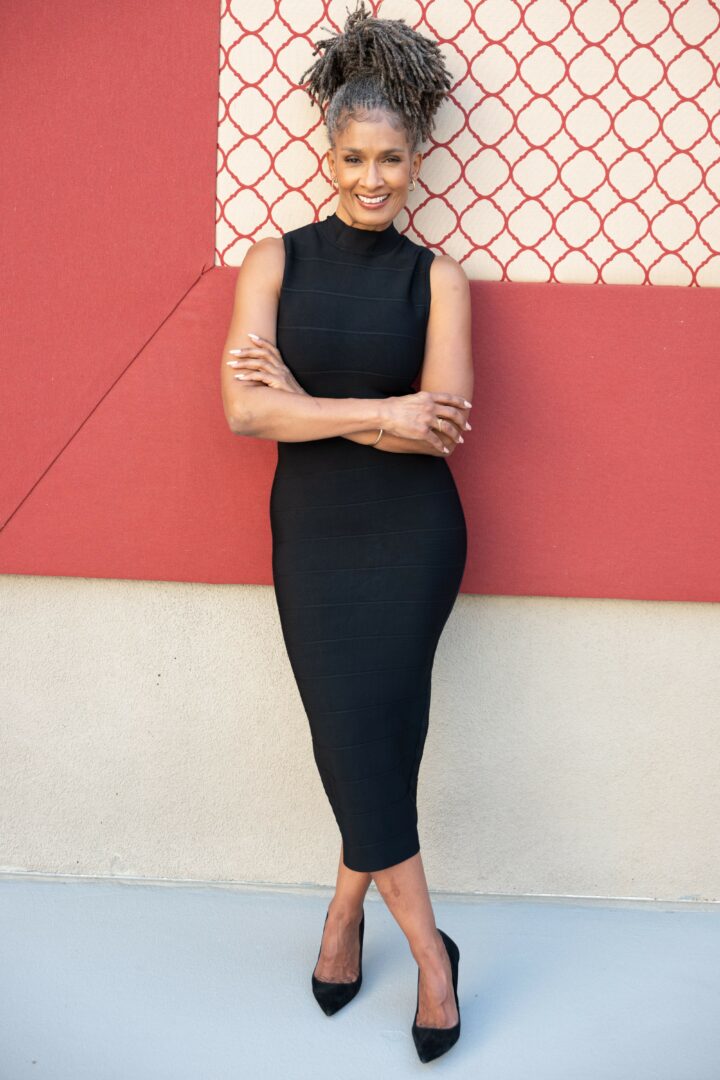
When I’m the only one in the room, I stay confident and believe I belong there. I use my unique perspective to share insights that others might not think of. I also make sure to speak up and take my space, so my voice is heard. These strategies empower me to succeed and reinforce my sense of belonging. Read More>>
Erin Jackson

As a Black woman, I had to learn to believe in myself and know that I deserve the same opportunities as my non-Black counterparts. That wasn’t always easy, but my parents, who grew up in the ‘50s and ‘60s, showed me what resilience looks like. They broke down so many barriers, proving that we belong in every space, no matter who tries to say otherwise. Read More>>
Sophie Hami
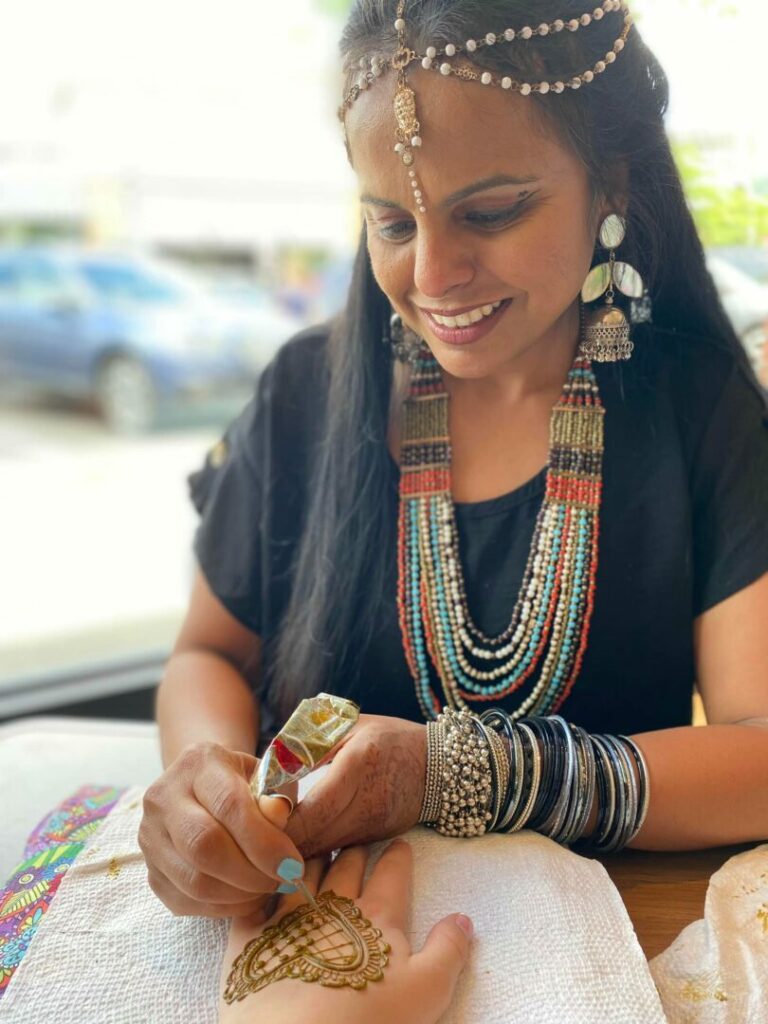
Being the only one in the room who looks like me has taught me a lot about resilience, self-trust, and the power of perspective. At first, it was challenging — I had to overcome internal doubts and external assumptions. But over time, I learned to turn that experience into a strength. I began to see my unique background and identity as an asset — it allowed me to bring fresh ideas to the table, empathize with others in meaningful ways, and challenge the status quo when needed. Read More>>
Paris Ofe

The biggest thing to learn is knowing that your differences shouldn’t stop you from achieving whatever you would like to achieve. In the STEM field, there is a really large disproportion in girls and guys and it can be very difficult to feel like you belong when everyone else seems to have a certain look, but believing in yourselves and thinking of your goals can really help you persevere. Read More>>
Roopa Mahadevan

I think the women in my family – mother, her mother (my grandmother), and her sister (my aunt) – have always been very confident and down-to-earth in social settings. I noticed they don’t walk through life assuming judgement or shying away from being exposed through social interaction. Their humility, ability to laugh at themselves, and focus on the important things have given them grounding, I think. They also use humor as a social lubricant; it becomes a unifier in social settings. And I think the root idea is that humor helps us get to that lowest common denominator; it reminds of our shared experiences, observations, and fears. Read More>>
Sofia Garcia Sanchez

I find that this question, for me, goes deeper than race, ethnicity, or gender. It looks and feels more like ” oh no, no one else here thinks as creative/ free- spirited as me” or ” I’m the youngest in the room, will they be offended when I’m providing leadership? ” or ” I know I’m being perceived as bossy here, but this room needs directive, here we go….” – being successful when I am the odd one in the room is still a work in progress. Read More>>
Maria And Josue

We’ve learned that the key to success, even when we’re the only ones in the room who look like us, is to fully embrace who we are. Instead of following the crowd, we focus on doing what feels authentic to us—thinking outside the box, pursuing multiple passions, and refusing to shrink ourselves to fit expectations. It’s easy to doubt your ideas when they seem “too different” or “too weird,” but true growth comes from listening to the voice inside that pushes you toward discomfort and new challenges. Read More>>
Camari Mick
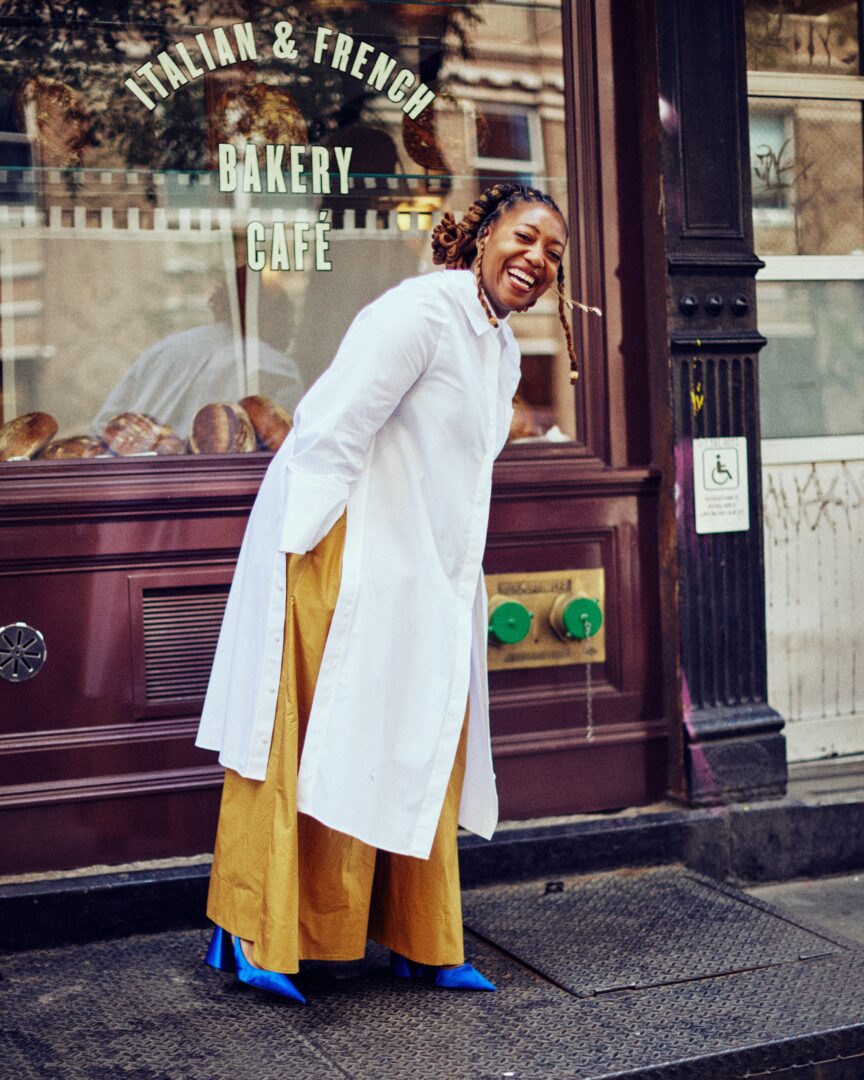
Being the only one in the room is never lost on me—whether it’s the kitchen, the boardroom, or a dining room full of guests. At first, I thought I had to shrink or assimilate to be taken seriously. But over time, I learned that my strength lies in showing up fully as myself. My perspective, my palate, my heritage—all of that brings something essential to the table. Read More>>










